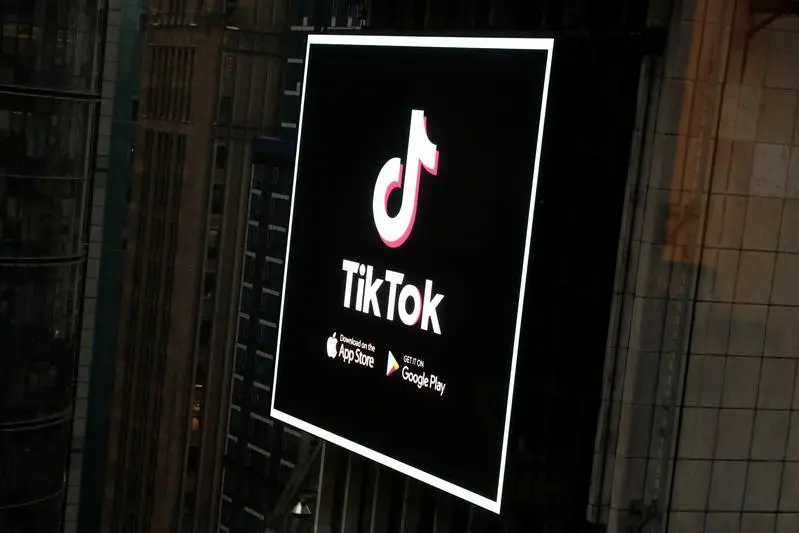PHOTO
(The author is a Reuters Breakingviews columnist. The opinions expressed are her own.)
SAN FRANCISCO - The TikTok-Oracle-Walmart-ByteDance saga is in a new league: the bush league. Dizzying contradictions from both dealmakers and the White House have given China’s ByteDance a free pass around an order to sell TikTok's U.S. assets. The resulting chaos obscures the high stakes, and leaves everyone with egg on their face.
At the top of the bush league table is U.S. President Donald Trump. He kicked-started the mess when he demanded that TikTok be sold out of Chinese ownership or shut down to American users. Last weekend he gave preliminary approval for a deal for Oracle and Walmart to control a new company, TikTok Global. The trouble is that isn't the deal.
Welcome to the second slot, please, Oracle, the company founded by Larry Ellison, a Trump backer. An executive said on Monday that Americans will be the majority investors and ByteDance will have no ownership in TikTok Global. That spin takes into account the 41% stake that U.S. venture capital firms own in ByteDance itself, and suggests TikTok Global shares will be distributed to ByteDance's owners. But it contradicts ByteDance, the bronze medal on the bush league table, which said on Sunday that TikTok would be an 80%-owned subsidiary.
Trump still has to give final approval, and a ban has been delayed by one week to go into effect on Sunday. If term sheets between the parties are still valid, it's clear the new American investors, Oracle and Walmart (in the bush league fourth spot), will have 20% of TikTok Global.
That leaves U.S. regulatory bodies like the Committee on Foreign Investment in the United States to round out the top five. The owner of dating app Grindr, Alibaba affiliate Ant Financial and HNA Group have all sold assets or dropped deals in recent years because of the panel. Like them or not, CFIUS usually makes straightforward rulings. It's in danger of looking like it bends to Trump's whims.
The stakes are high. Choosing Oracle as a data warehouse and security provider is meant to address worries about Chinese government access to data of 100 million American users, the point of Trump's edict in the first place. If the U.S. government’s meddling results in the approval of a deal in which the president receives little of what he demanded, the credibility of the process, the dealmakers, and the government is shot.
CONTEXT NEWS
- Video app TikTok on Sept. 23 asked a U.S. judge to block a Commerce Department order that would require Apple and Alphabet unit Google to remove the service from their app stores starting on Sept. 30. The order barring downloads had been delayed by a week as TikTok parent ByteDance finalized a deal to sell a minority stake to Oracle and Walmart.
- Trump said on Sept. 19 that he approved of the deal in principle but since then, Oracle and ByteDance have disputed the terms. ByteDance said TikTok will continue to be a subsidiary and it will own 80% while Oracle said American investors will be majority owners.
- In China, state-backed English-language China Daily newspaper said on Sept. 23 that Beijing has no reason to approve the “dirty and unfair” deal. In August, Trump issued executive orders on a future ban of TikTok and required ByteDance to fully divest of its U.S. assets.
(The author is a Reuters Breakingviews columnist. The opinions expressed are her own.)
(Editing by Lauren Silva Laughlin and Leigh Anderson) ((gina.chon@thomsonreuters.com; Reuters Messaging: gina.chon.thomsonreuters.com@reuters.net))





















